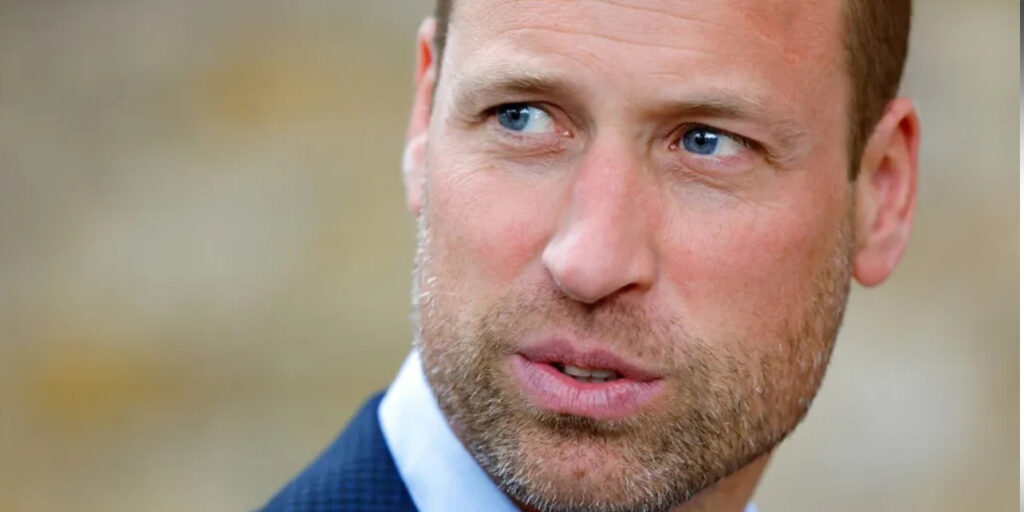The Prince of Wales is on a two-day visit to Estonia, showing support for British troops stationed near Nato’s border with Russia.
His trip includes meetings with soldiers, local leaders, and Ukrainian refugees, highlighting the UK’s commitment to Baltic security.
Prince William’s visit begins in Tallinn, where he will meet Estonia’s President, Alar Karis, before heading to a school that educates refugees fleeing the war in Ukraine.
The UK currently has around 900 troops in Estonia, including members of the Mercian Regiment, of which William is colonel-in-chief. These forces play a crucial role in Nato’s multinational effort to deter Russian aggression.
His visit comes amid growing uncertainty over the war in Ukraine and concerns about Russia’s next moves. Estonia recently withdrew from a treaty banning anti-personnel landmines, signalling increased military preparedness.
The country is also planning to boost its defence budget to 5% of GDP and has been working to prevent undersea sabotage in the Baltic region.
The Prince’s presence is seen as an act of royal diplomacy, reinforcing the UK’s support for Nato allies. His trip follows a recent visit from Prime Minister Sir Keir Starmer, underlining Britain’s role in regional security.
At the University of Tallinn, Prince William’s visit has been well received. Many Estonians view it as a strong signal of Western support, especially as concerns over Russian aggression intensify.
“We’re more or less preparing for war,” says Catlyn Kirna, a senior lecturer in cyber-security. Estonia faces relentless cyber-attacks and misinformation campaigns from Russia, testing Nato’s response.
As a former Soviet state, Estonia watches events in Ukraine with growing alarm. “If Ukraine falls, we will have to fight for our lives,” Catlyn warns. For many in Eastern Europe, Russian expansionism isn’t just a geopolitical issue—it’s an existential threat.
“In Western Europe, it might be bad news,” she says.
“For us, it’s the end of the world.”


